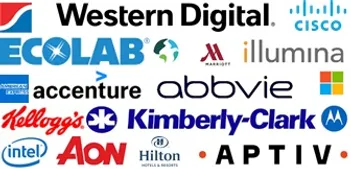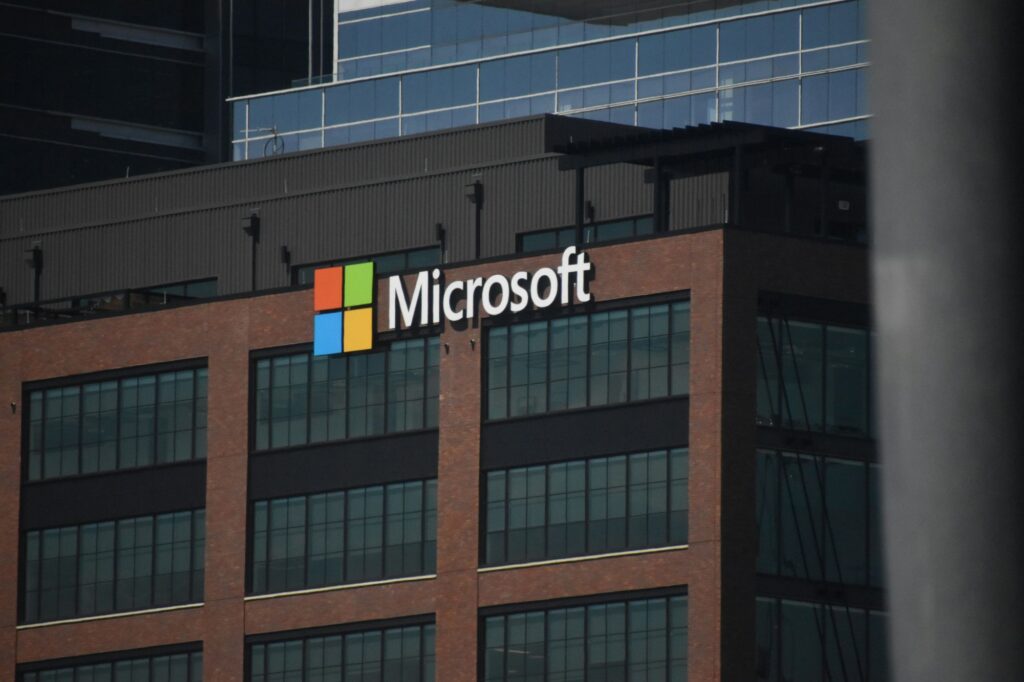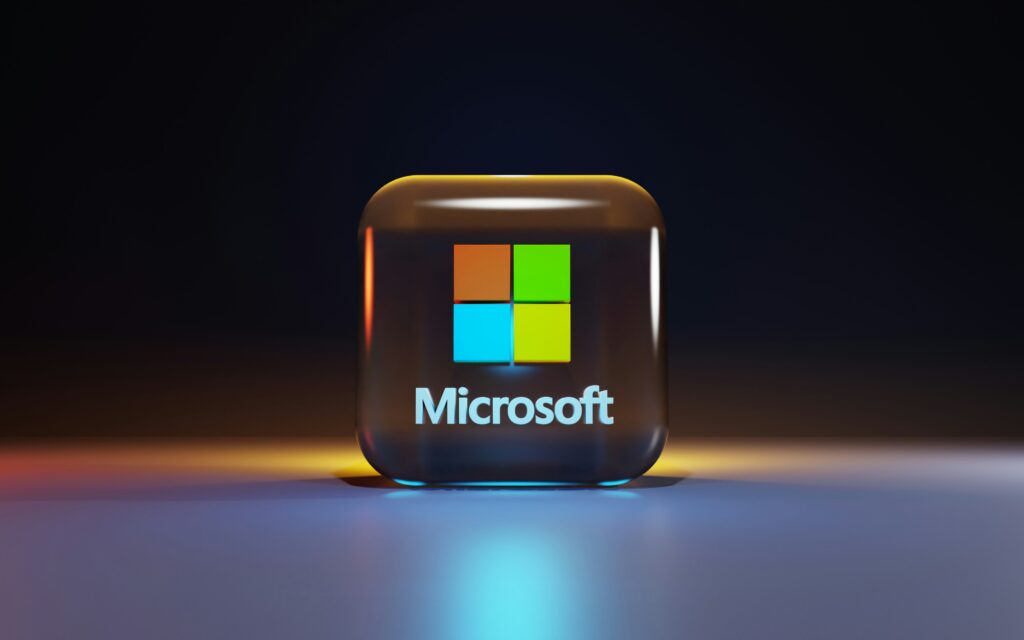July 28, 2022 UPDATE – JLens is pleased to announce our 2021 list of “Most Kosher” US companies. Every year, through robust data collection, in-depth research, and direct engagement, JLens updates our list of 18 “Most Kosher” companies that represent excellence and outperform sector peers on a wide array of issues through a Jewish lens.
JLens is the only investor organization scoring public companies using a unique Jewish values-aligned research methodology. This methodology incorporates six key values pillars, inspired by the Jewish framework of obligations (mitzvot):

JLens’ 2021 “Most Kosher” US Companies:
1. AbbVie, Pharmaceuticals
AbbVie has played an important role during the Covid-19 pandemic in ensuring access to medicine throughout the world. When one of the company’s drugs became a possible treatment for COVID, the company released all of its intellectual property rights so the drug could be produced easily and economically around the world. AbbVie also expanded its patient assistance program to ensure those who were uninsured could access necessary medications. AbbVie has demonstrated a strong commitment to diversity and inclusion, and has a Jewish Resource Committee to support Jewish employees. The company has a history of strong ties to Israel, with over 200 employees working on drug development, as well as research partnerships with various Israeli hospitals.
2. Accenture, Management Consulting, Technology and Outsourcing Services
Accenture reports to JLens that any client work must align with the company’s core values. By 2025, the company aims to achieve a 50/50 gender-balanced workforce. Accenture embodies best-in-class religious inclusion policies regarding flexible religious holiday accommodations, “dress for your day” inclusive clothing policies, and dietary options. The company is a leader in reducing net carbon emissions, including encouraging 75% of its suppliers to take action to reduce emissions. Accenture is deeply invested in the Israeli economy with an R&D lab in Herzliya as well as Accenture technology competitions across universities, among other technology investments in Israel.
3. American Express, Financial Services
American Express has played a leadership role in decreasing economic inequities during the pandemic by implementing financial relief programs and waiving fees and interest for individuals and small businesses in need. The company has taken a strong stance against BDS, pulling its sponsorship from the Roger Waters tour in light of his anti-Israel remarks and continuing to retain a strong relationship with Israel. American Express has demonstrated a commitment to diversity and inclusion. The company has implemented a gender/racial pay equity analysis and has achieved gender pay equity throughout its global workforce. American Express is also committed to supplier diversity, unconscious bias training, and inclusive recruitment practices. The company has already achieved net zero emissions and uses 100% renewable energy.
4. Aon, Insurance Broker
Aon offers insurance products addressing climate risk and adaptation as well as momentum towards insurance solutions to scale renewable energy. Aon consults with non-profits to develop accessible insurance products that meet the needs of the most vulnerable populations, like rice paddy farmers in Sri Lanka. The company procures 100% of its energy from renewable sources in Europe and Africa and is a leader in offshore wind. Aon is committed to fostering coexistence through its Chicago United apprentice program and its pro-bono legal assistance to asylum seekers.
5. Aptiv, Electric Vehicle Software and Technology
Aptiv has a business model tied to lowering carbon emissions, with the sustainability committee reporting directly to the board. Aptiv’s business model also involves significant investment in Israel’s start-up ecosystem, seeking to scale innovative companies supplying electric vehicle needs. Aptiv has implemented a gender/racial pay equity analysis and is well on the way to closing the gap to equity. Aptiv also demonstrates best-in-class religious coexistence policies, including unconscious bias training for all management.
6. Cisco, Communications Equipment
Cisco recently announced achieving 100% renewable energy for the company’s US operations in 2020. The company leads on other clean technology achievements include energy efficient data centers, LEED green building construction, solar installations, circular design initiatives to reduce/reuse packaging, reduction of virgin plastics, and electronics take-back and recycling programs. Through JLens’ dialogue, the company shared its strong religious inclusion practices such as fair accommodation of religious holidays and dietary needs. Cisco has an established partnership with the Israeli government to accelerate the country’s Digital Agenda, and has invested in Palestinian technology companies and fostered economic partnerships between Israeli and Palestinian entrepreneurs. Cisco is also a leader in working to alleviate the global refugee crisis through disaster relief and economic empowerment.
7. Ecolab, Specialty Chemicals
Ecolab embodies circular economy principles at the “water-energy nexus” to help companies reduce their environmental footprint. Internally, the company has a low GHG emissions base, and is committed to environmental impact cuts, including a 25% reduction in waste and effluent discharge, and a 20% reduction in water use. EcoLab works with large clients in the extractives and agricultural sectors to reduce water use and increase water quality, such as Archer Daniels Midland, as well as steel manufacturers in India. Ecolab has operations in Modi’in, Israel.
8. Hilton, Hotel & Leisure
Hilton has had a significant role in economic and social empowerment in the communities where it operates to foster coexistence and has lent publicity to this important topic. Hilton has a hotel in Jerusalem as well as Tel Aviv (one of its top five profitable hotels globally), and is the first in the industry to commit to science-based targets to reduce greenhouse gas emissions by moving to renewable energy. In response to the global coronavirus pandemic, executives demonstrated real leadership, taking a 50% pay cut for the duration of the crisis; the company also partnered with American Express to offer one million free room nights to frontline medical professionals, and opened Hilton kitchens to combat food insecurity. The company partnered with the Mayo Clinic to evaluate its COVID procedures and disinfectants to maintain safety of guests and team members.
9. Illumina, Life Sciences and Genomics Research
Illumina offers products and services that have played a role in the fight against the COVID-19 pandemic by tracking transmission and developing therapies and vaccines. Illumina has strong connections to Israel, including to the Weizmann Institute, whose scientists now use Illumina’s next-generation sequencing technology in their research on cell genomics. Illumina demonstrates best-in-class religious coexistence workplace policies, and is a leader on circular economy with 90% of materials used diverted from landfills. Illumina has a net zero gap in pay discrepancy between men and women at the company.
10. Intel, Semiconductor
Intel is an industry leader across several environmental and social factors and has substantial business ties to Israel. Currently, 100% of the company’s US and EU operations run on renewable energy and 73% elsewhere in the world, including Israel. To address the lack of supply of skilled female and minority workers in technical positions, Intel is investing millions of dollars in STEM education at the high school and college levels, as well as working with universities to encourage more women and minorities to pursue STEM careers. Intel leads its sector in sourcing conflict-free minerals. Through JLens’ advocacy, the company has agreed to consider adopting science-based targets when setting their next round of emissions standards.
11. Kellogg, Packaged Foods
Kellogg shared with JLens its goal to transform food systems away from monoculture farming towards diverse plant portfolios. The company has committed to a fully traceable palm oil supply chain and articulated a no deforestation, no carbon peatland burning, and no exploitation policy. Kellogg plans to sustainably source its key ingredients (corn, wheat, rice, oats, potatoes, sugar, cocoa, palm oil, fruit, honey). Within direct operations, Kellogg commits to 100% renewable energy by 2050, and has already reached 50% clean energy across operations. The company holds its supply chain accountable through the Field to Market program. Kellogg’s well-being framework fosters coexistence strategies for employees and consumers by empowering socio-emotional and physical wellness.
12. Kimberly Clark, Household & Personal Products
Kimberly Clark is a leader in circular economy resource-use reductions. The company’s supply chain is majority Forest Stewardship Council certified, at 84%, up from 7% in 2006. The company received the FSC Leadership in Conservation Award in 2018, and achieved waste to landfill diversion at 95%. Kimberly Clark has targeted over 25% of its net sales from environmentally innovative products since 2015. In Europe, six more personal care products were granted the EcoLabel, which accounts for more than 40% of KC products in Europe. Kimberly Clark employs around 1,400 people in Israel in various manufacturing plants.
13. Marriott, Hotel & Leisure
Marriott is a leader in ethical recruitment to address the vulnerability of migrant workers, and educates employees and the hotel industry at large on sex trafficking and forced labor. Marriott is also a sector leader across material sustainability impact. The company has set innovative targets to reduce water consumption and intensity, well above peers. Marriott continues to demonstrate strong performance in managing energy use in its operations with energy reduction goals, employing innovative efficiency programs and partnerships. The company has hotels in Tel Aviv and Jerusalem.
14. Microsoft, Software Infrastructure
Microsoft has achieved 100% carbon neutrality from its energy consumption and aims to reduce operational carbon emissions by 75% by 2030 against a 2013 baseline. Microsoft reports that the cloud gains energy efficiencies, as net data use increases. The company has strong diversity and inclusion policies, including an emphasis on religious inclusion with dietary accommodations, flexible religious holidays and dress. Microsoft has a significant presence in Israel, with an R&D Center in Haifa and main campus in Herzliya Israel, focused on security advanced threat analytics. According to Microsoft Israel, 74% of its management are women.
15. Motorola Solutions, Communications Equipment
Motorola is a leader in product stewardship, with a strong supplier code of conduct to tackle labor issues in its supply chain, and comprehensive policies to recycle electronic waste. Unlike many of its sector peers, Motorola discloses its goal for a conflict-free mineral supply chain. Motorola also sets the industry standard with data protection best practices. The company has a long historical relationship with Israel since the 1940s. Motorola Solutions Israel provides the IDF with mobile communication systems and has been a long-time pioneer in the Israeli telecommunications industry. Motorola also launched an Innovation Center in Israel to enhance collaborations with local industries and academia.
16. Prologis, Logistics Real Estate
Prologis is the first real estate logistics company to make long term commitments to reduce carbon emissions by setting science-based targets. The company reports to JLens that its social and environmental commitments are integrated throughout its operations and client base, including Amazon and Walmart. Prologis fosters coexistence through its Community Workforce Initiative in Los Angeles, Miami, and Chicago, including partnering with local workforce development organizations to provide training in logistics and job placement to underserved communities. Prologis’ diversity and inclusion metrics are strong with a 50/50 male/female workforce.
17. Henry Schein, Healthcare Equipment & Medical Distribution
Henry Schein is a leader in addressing pandemic supply chain crisis and emergency preparedness in the healthcare industry. The company fosters coexistence and has best in class community healthcare access programs. Henry Schein shared with JLens its’ global commitment to donate health care supplies through public-private partnerships. Focused on supply chain logistics capabilities and data analytics platforms to disseminate information in a pandemic, this partnership network includes nearly 30 organizations, including the WHO, World Food Programme, and the World Economic Forum. One of the strongest health care access programs was piloted in Israel, where Schein has operations.
18. Western Digital, Hard Drive and Data Technology
Western Digital has a strong Israel relationship with over 1,000 employees at the company’s Kfar Saba location. The company won Maala’s 2019 Dov Lautman Diversity Award for employing underrepresented populations in Israel. Western Digital runs a boot camp for ultra-Orthodox Jewish and Arab women to increase the company’s candidate diversity pipeline, and provides extensive mentoring for girls interested in coding. Western Digital adopts a circular economy approach with best-in-class environmental stewardship programs, and was an early mover to implement its responsible conflict mineral policy in 2010.




